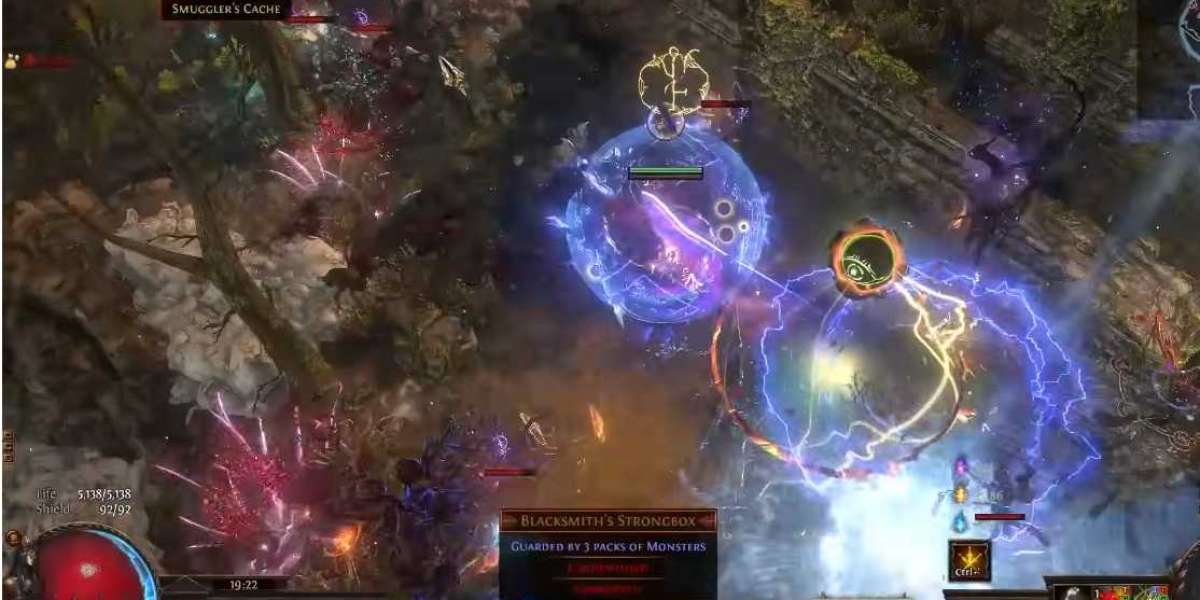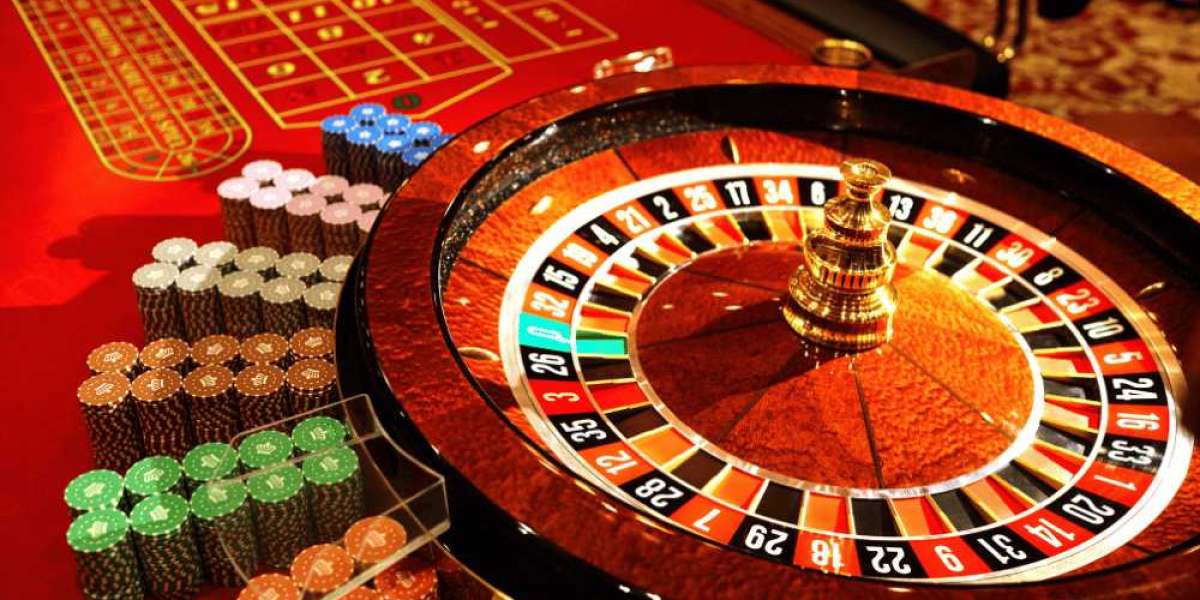Path of Exile (PoE) is a dark and challenging action RPG set in the brutal world of Wraeclast, where exiles must fight to survive against hordes of monsters, powerful bosses, and deadly environments. The game is famous for its deep skill system, massive passive tree, complex economy, and endless build possibilities.
For new players, the game can feel overwhelming at first—but with the right guidance, you can establish a strong foundation and enjoy a smooth early-game experience. This MMOexp beginner’s guide will walk you through the essential steps to start your adventure in Wraeclast confidently.
1. Understand the Basics of Path of Exile
Unlike many ARPGs, Path of Exile does not hold your hand. Every decision—from skill choice to gear upgrades—affects your character’s future.
Here are the core elements to grasp early:
Skill Gems Support Gems: Skills come from gems, not your class.
Passive Skill Tree: Determines your overall build direction.
Currency Items: Replace gold and act as a trade economy.
Leagues: Seasonal game modes with special mechanics and rewards.
Pro Tip: Don’t worry about building a perfect character from the start. Focus on learning the game’s systems first.
2. Choosing Your Starting Class
PoE offers seven starting classes, each tied to specific starting positions on the passive tree.
Marauder: Strength-based, tanky melee fighter.
Ranger: Dexterity-based, agile and ranged attacker.
Witch: Intelligence-based, powerful spellcaster.
Duelist: Strength/Dex hybrid, great for fast melee combat.
Templar: Strength/Int hybrid, strong caster or melee hybrid.
Shadow: Dex/Int hybrid, great for traps, crit builds, or poison.
Scion: Balanced class (unlocked later), offers maximum flexibility.
Your class only determines your starting location on the tree—not what skills you can use. Any class can become anything with the right skill gems and gear.
MMOexp Tip: For your first character, start with Marauder, Ranger, or Witch, as they have simpler beginner-friendly builds.
3. Follow the Campaign to Learn the Game
The 10-act campaign introduces you to Wraeclast’s lore and gameplay. It’s also your main source of experience, gear, and skill gems early on.
Stick to the main questline to level up quickly.
Explore side areas for optional skill gems and loot.
Don’t over-farm early zones—you’ll naturally level as you progress.
Pick up quest reward gems that fit your build.
Pro Tip: After finishing Act 10, you’ll enter Maps, the endgame content where real progression begins.
4. Mastering Skill Gems and Support Gems
One of PoE’s most unique systems is how skills work. Instead of learning abilities from leveling up, you socket skill gems into your gear.
Active Skill Gems: Give you actual abilities (like Fireball or Cyclone).
Support Gems: Enhance those abilities (increase damage, AoE, etc.).
Gem colors:
Red: Strength
Green: Dexterity
Blue: Intelligence
Example:
Fireball (Active) + Increased Critical Strikes (Support) = Stronger Fireball.
MMOexp Tip: Always use gear with the right socket colors and links to maximize your damage output.
5. Leveling Efficiently as a Beginner
Leveling can be smooth and fast with a few smart habits:
Use skill gems that clear POE currency large packs of enemies quickly.
Upgrade your weapon every few acts for better damage.
Don’t waste time farming early bosses—progress is key.
Keep moving and use movement skills like Flame Dash or Leap Slam.
Pro Tip: Resistances become crucial after Act 5. Make sure your elemental resistances are capped to survive.
6. Gear Progression Made Simple
In PoE, gear upgrades are more important than raw levels.
Prioritize life and resistances on armor pieces.
Focus on damage mods for weapons.
Don’t chase perfect gear early—cheap upgrades help a lot.
Use Essences and Orbs to craft basic improvements.
Basic beginner stats to aim for:
75% Elemental Resistance
High Life Roll on gear
One or two damage mods
MMOexp Tip: A mediocre weapon with the right support gems can carry you through the campaign.
7. Learn the Currency System Early
Unlike other games, PoE does not use gold. Instead, it uses currency items that have crafting value.
Chaos Orbs: Standard trading currency.
Orb of Alchemy: Upgrades normal items to rare.
Orb of Transmutation: Upgrades normal items to magic.
Scroll of Wisdom: Identifies items.
Portal Scroll: Teleports you to town.
Pro Tip: Don’t waste your valuable orbs during the campaign. Save Chaos Orbs and Alchs for endgame or trading.
8. Navigating the Passive Skill Tree
The Passive Skill Tree is one of the most complex systems in PoE. It features hundreds of nodes affecting every aspect of your build.
For beginners:
Follow a simple build guide to avoid mistakes.
Prioritize life, resistances, and damage early.
Don’t wander aimlessly on the tree—it can weaken your build.
Respec points are limited, so plan ahead.
MMOexp Tip: Many online tools and build planners can help you stay on track.
9. Utilize Flasks Effectively
Flasks in PoE are not just healing potions—they are powerful buffs.
Life Flask: Restores health.
Mana Flask: Restores mana.
Utility Flasks: Grant movement speed, resistances, or armor.
Flasks refill as you kill enemies, so they can be used frequently.
Roll good flask mods (e.g., “Instant Recovery,” “of Staunching”).
Always carry a Bleed removal flask.
Pro Tip: Good flask management can be the difference between life and death in tough fights.
10. Trading and the Player Economy
The economy is player-driven, with most trading happening through the official trade site.
Learn basic Chaos Orb pricing for common items.
Sell valuable drops instead of vendor trashing everything.
Use trade to upgrade your build faster without endless grinding.
Be cautious with scams and only trade through official tools.
MMOexp Tip: Early game uniques can sell well—don’t vendor them too fast.
11. Preparing for the Endgame
Once you finish Act 10, you’ll unlock the Atlas of Worlds (Map System). This is where PoE truly begins.
Maps are randomized endgame zones with escalating difficulty.
You’ll collect and upgrade maps to access higher tiers.
Your goal: improve gear, power up your build, and conquer bosses like Sirus or Maven.
Pro Tip: Don’t rush into high-tier maps without proper gear and capped resistances.
12. Join a Community or Guild
PoE is complex, and joining a guild or Discord group can make a big difference.
Get build advice from experienced players.
Trade gear more efficiently.
Participate in events or boss carries.
The community is one of PoE’s greatest strengths—don’t be afraid to ask questions.
13. Stay Updated with League Mechanics
Every few months, a new League introduces fresh mechanics, bosses, and rewards.
League mechanics often provide great loot early.
Even beginners can profit from learning them fast.
Don’t skip mechanics entirely—they can boost your progress significantly.
MMOexp Tip: Read league patch notes to understand new opportunities before starting.
14. Avoid Common Beginner Mistakes
Don’t spread your passive points too thin.
Don’t waste high-value currency on low-level items.
Don’t ignore resistances.
Don’t get stuck farming the same area too long.
Don’t hoard low-level junk items.
Learn from these mistakes early, and your PoE experience will be much smoother.
15. Final Thoughts: Conquer Wraeclast
Starting your journey in Path of Exile can buy POE orbs site feel intimidating, but once you grasp the core systems, it becomes one of the most rewarding RPG experiences out there.
Focus on learning skill gems, gear progression, resistances, and the passive tree, and you’ll set yourself up for success in the campaign and beyond.






